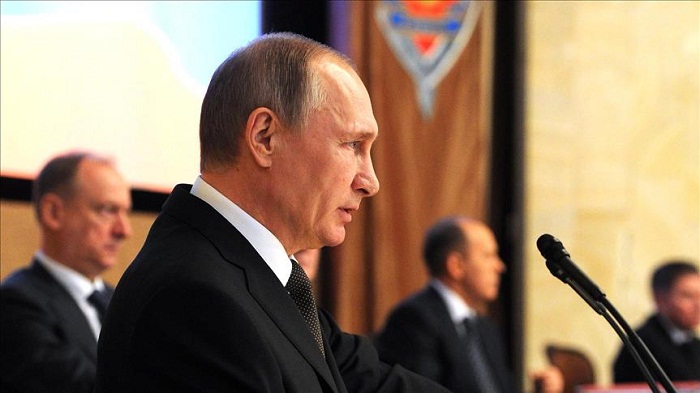Janis Sarts, who leads the Latvia-based NATO Strategic Communications Center of Excellence, said they had detected attempts to undercut the German chancellor, who is a staunch supporter of sanctions against Russia, by waging an information war.
“[Russia] is establishing a network that can be controlled. You can use it as they have tried to do in Germany, combined with the legitimate issue of refugees, to undercut political processes in a very serious way,” Sarts said in comments to the U.K.’s Observer newspaper.
He continued: “If it was just punishment, that would be OK – but it is testing whether they can build on pre-existing problems and create a momentum where there is political change in Germany.
“In general terms, you can trace Russian funding to the extreme forces in Europe. Either left or right – as long as they are extreme, they are good to come into the Russian picture as of possible use in their tactics.”
More than a million refugees have arrived in Germany over the past year, many of fleeing Syria’s civil war. Merkel’s support for resettling the migrants has helped feed a surge in support for Alternative fur Deutschland, a populist right-wing party that many believe will make gains in forthcoming elections.
Sarts said in his comments to The Observer that he believed other countries – which he did not name – were turning a blind eye to a propaganda war directed by Russian President Vladimir Putin.
He said: “We saw it in Germany. The best misinformation tool is when your opponent doesn’t notice. That is when it is most effective. I would submit that there are a number of countries who have not yet noticed, or have chosen not to notice.”
More about:
















































